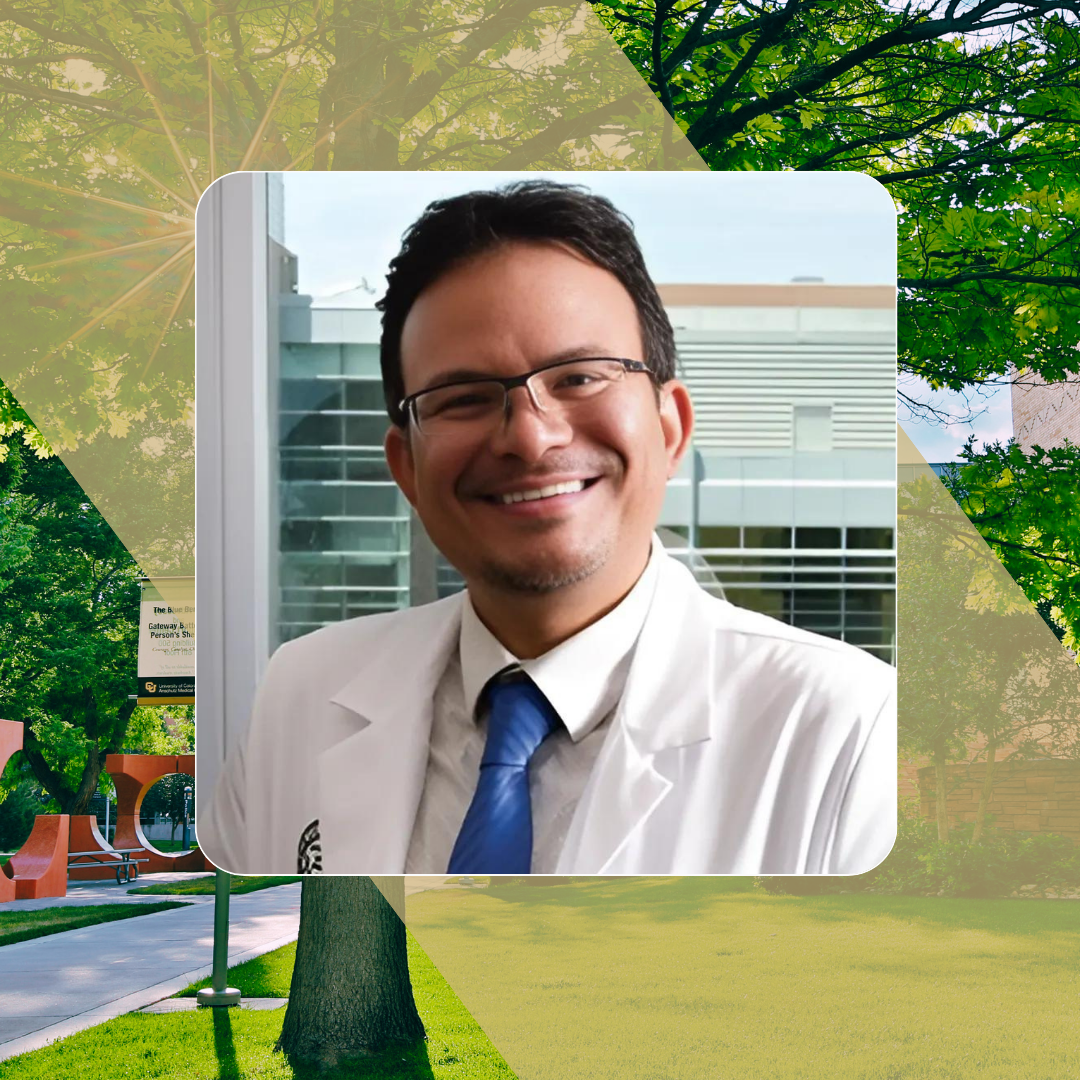medical oncology newsroom
38b223e8302864d9a5bfff0a001ce385.png?sfvrsn=fa9a47b4_1)
Effective Treatments for HER2-positive Breast Cancer Patients
Elena Shagisultanova, MD, PhD, is working to uncover effective treatments for HER2-positive breast cancer patients by combining different drugs to counteract the cancer cells’ proliferation.
.png?sfvrsn=db8644b4_1)
News to Use: What to Know About Breast Cancer
Despite advances, breast cancer remains the number one cancer among women. Dr. Borges offers tips for lowering breast cancer risk.
.png?sfvrsn=9d967bb4_1)
Dr. Lieu Discusses the Increasing Trend of Early Onset Colorectal Cancer
The overall U.S. death rate from colorectal cancer has been gradually declining in recent years, primarily among older people, as more people get screened. But the mortality rate from “early onset” colorectal cancer in people under age 50 has been increasing year by year.

From First-Gen Student to Cancer Research Leader
Explore the inspiring journey of Eduardo Davila, a first-generation Mexican American who rose from humble beginnings in El Paso, Texas, to become a leader in cancer research and immunology. Discover how his passion for science, mentorship, and helping others shaped his career and how he overcomes challenges in academia. Dive into the personal and professional life of a true trailblazer in cancer research.
.png?sfvrsn=17ab6fb4_1)
Dr. Borges Inducted into Clinical Excellence Society Inaugural Class
Recognized as a champion for her patients during the induction ceremony, it is of paramount importance to Virginia Borges, MD, MMSc, that her patients are on an equal playing field for the opportunity to receive care, regardless of who they are or where they are in life.”
.png?sfvrsn=65562b4_1)
Funding Award Will Improve Testing of Cancer Therapies
Hatim Sabaawy, MD, PhD explains why a key initial funding award is the first step in the fulfillment of a mission. The project focuses on immunotherapies for non-small cell lung cancer (NSCLC), which represents about 80% to 85% of all diagnosed lung cancers. About 350 people in the United States die from lung cancer each day, mostly from NSCLC.
.png?sfvrsn=754461b4_1)
Virginia Borges, MD, Discusses Advances in Breast Cancer
For 20 years, Dr. Borges has led the CU Cancer Center’s Young Women’s Breast Cancer Translational Program, and provides insight as to why breast cancer in younger women and in the first 5 to 10 years after pregnancy often are more aggressive than other breast cancers.
.png?sfvrsn=a9a765b4_1)
Wells Messersmith, MD, Distinguished Faculty Honoree
The Distinguished Faculty Professionalism Award recognizes faculty who consistently demonstrate exemplary professional behaviors, providing service to the community, demonstrating dedication to lifelong learning, and who contribute to the teaching, service, and administrative activities of their department and the CU School of Medicine.